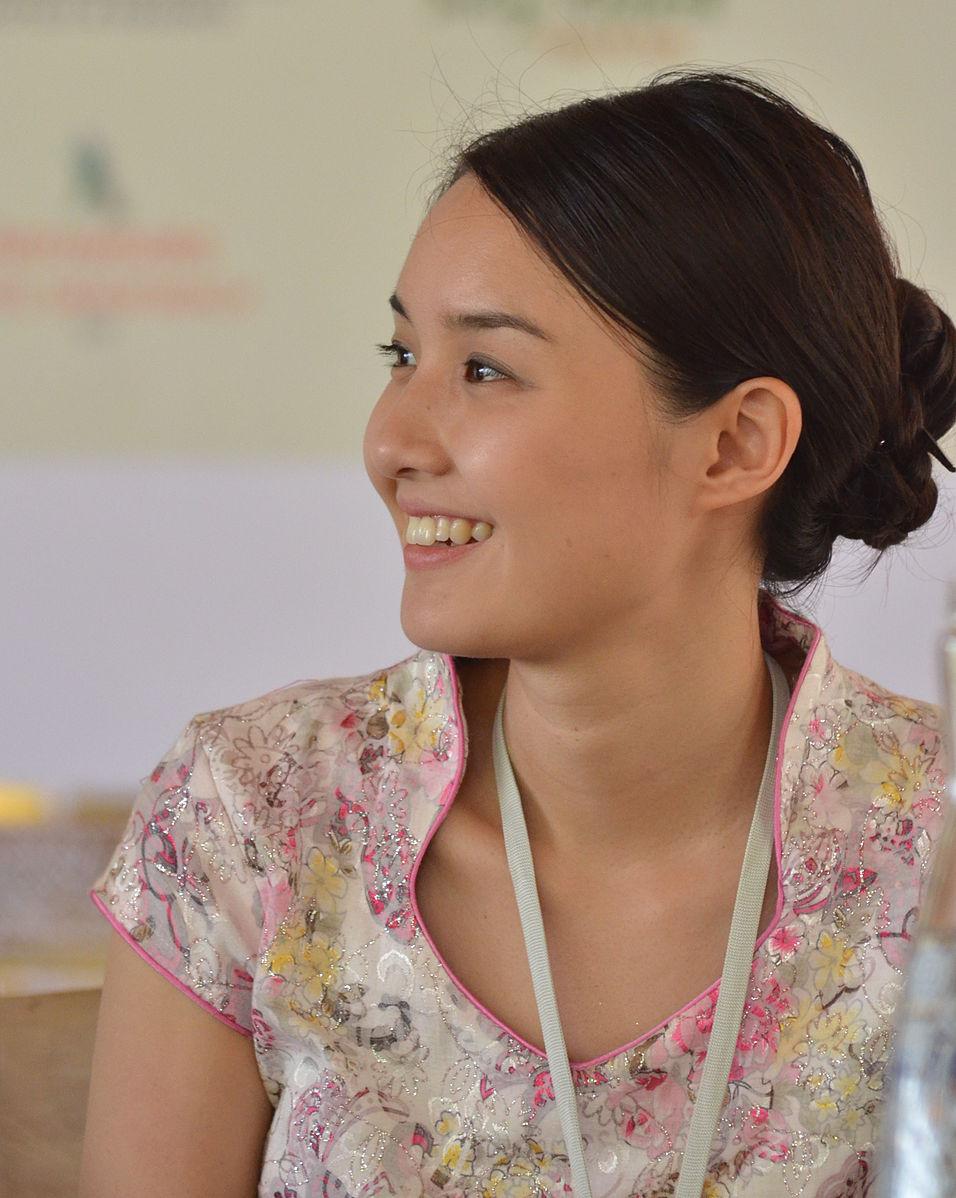Tasks: Stop Race Mixing! by Alice Pung

What is your reaction to the note that Alice Pung and her husband found on the windscreen? How does she react to this incident, compared to her (white) husband and her friends at the university? Why do you think they react so differently?
Alice has had to learn how to deal with racism throughout her childhood. Give examples from other incidents she refers to and describe her reactions (e.g. her experiences from the hardware store or the incident with the man mowing the grass).
Comment on the following quotation. What does she mean by this and how is this relevant to her own experiences?
'You grow up with grandparents who survived the Chinese famine, uncles who survived the Cultural Revolution, a father who survived the killing fields of Cambodia and a mother who lived through the aftermath of the fall of Saigon, and you learn that to survive means to blend in, to try and render yourself invisible to any targets.'
She describes Braybrook, the neighbourhood where she grew up. What kind of neighbourhood is it? What happens to the white families living there, and to the migrant families moving in? How does she describe their relationship?
She describes an incident in a shop where a Sudanese man is refused a shopping bag by the woman behind the counter. How does she react to this treatment and to her own role in this interaction? Why does she feel relief?
She participates in a panel debate, where the broadcaster states that 'Racism in Australia has a lot to do with class, and unless we address class difference, or our perceptions of the working class, xenophobia and racism will not change.' Is racism class-related?
Do you think that Alice Pung truly believes that the white Australian population understands her experiences and the level of racism that occurs in society?
Read the text again, this time quietly on your own. Pick out 5-6 quotations from the text that you find interesting or that you think describe Alice Pung's main arguments in a clear way.
Discuss your findings in groups and explain why you have chosen these specific quotations.
Alice Pung has chosen to address the reader in the present tense and from a second person point of view.
Why do you think she uses the second person point of view? What is the effect?
Why does she use the present tense? How would the mood of the text change if she used the past tense instead?
This is the first paragraph of the text.
When you are about seven months pregnant, you and your husband go to a local hardware store. When you return twenty minutes later to the car park, someone has put a folded piece of paper on your windscreen, held down by the wiper. You think it’s just an advertisement, but when Nick unfolds it to take a look, he grows very agitated. ‘I’m going to see if anyone else got this on their cars,’ he tells you, and returns a few moments later. No one else has anything on their windscreen except youse.
In pairs, read the paragraph aloud and change the tense and the point of view. Find out what the text would sound like in:
the past tense + first and third person point of view
the present tense + first and third person point of view
How does it alter the mood and tone of the text?

Choose one of the occurrences described in the essay and use it as inspiration for a short story. You are free to change the number of characters and, of course, you have to add to the plot. However, the theme of your short story should be how every-day racism is experienced by someone who is the target of racism.
Before you start writing you should:
decide on a plot and an ending. Make an outline of the structure of the short story.
decide on the number of characters and describe their main characteristics.
choose whether you would like to use a first, second, or third person narrative.
choose whether you would like to use the present or the past tense.
Relatert innhold
In this essay, Alice Pung reflects on some of her personal experiences as a second generation immigrant to Australia.